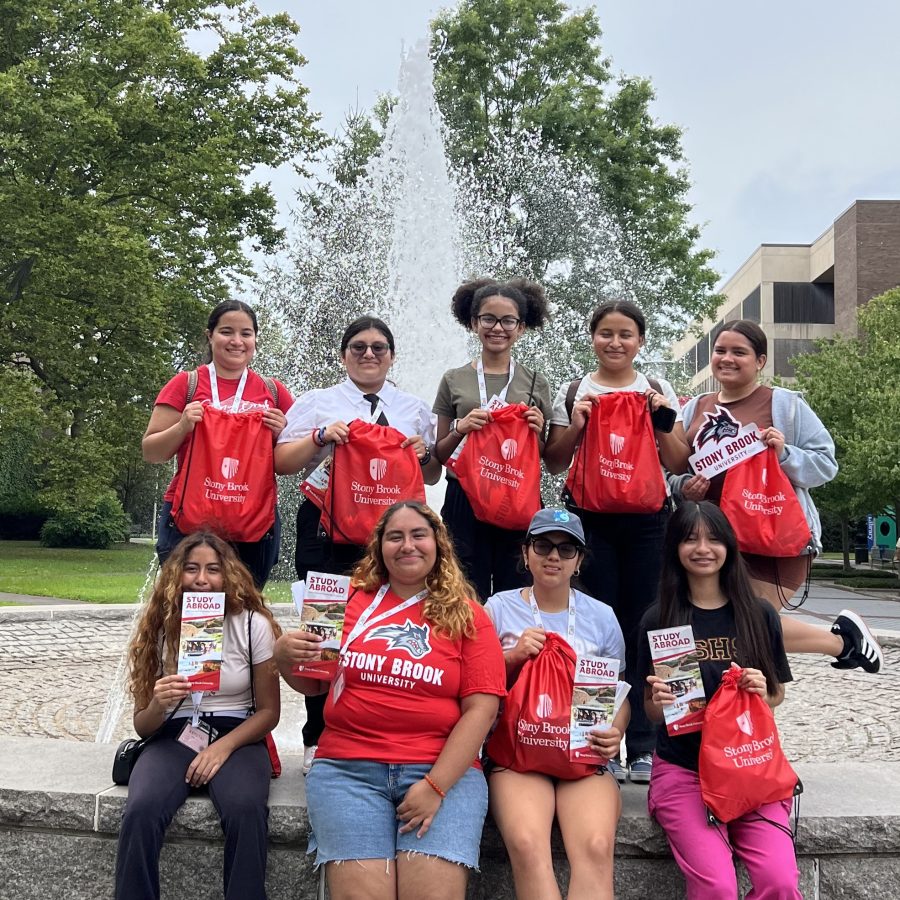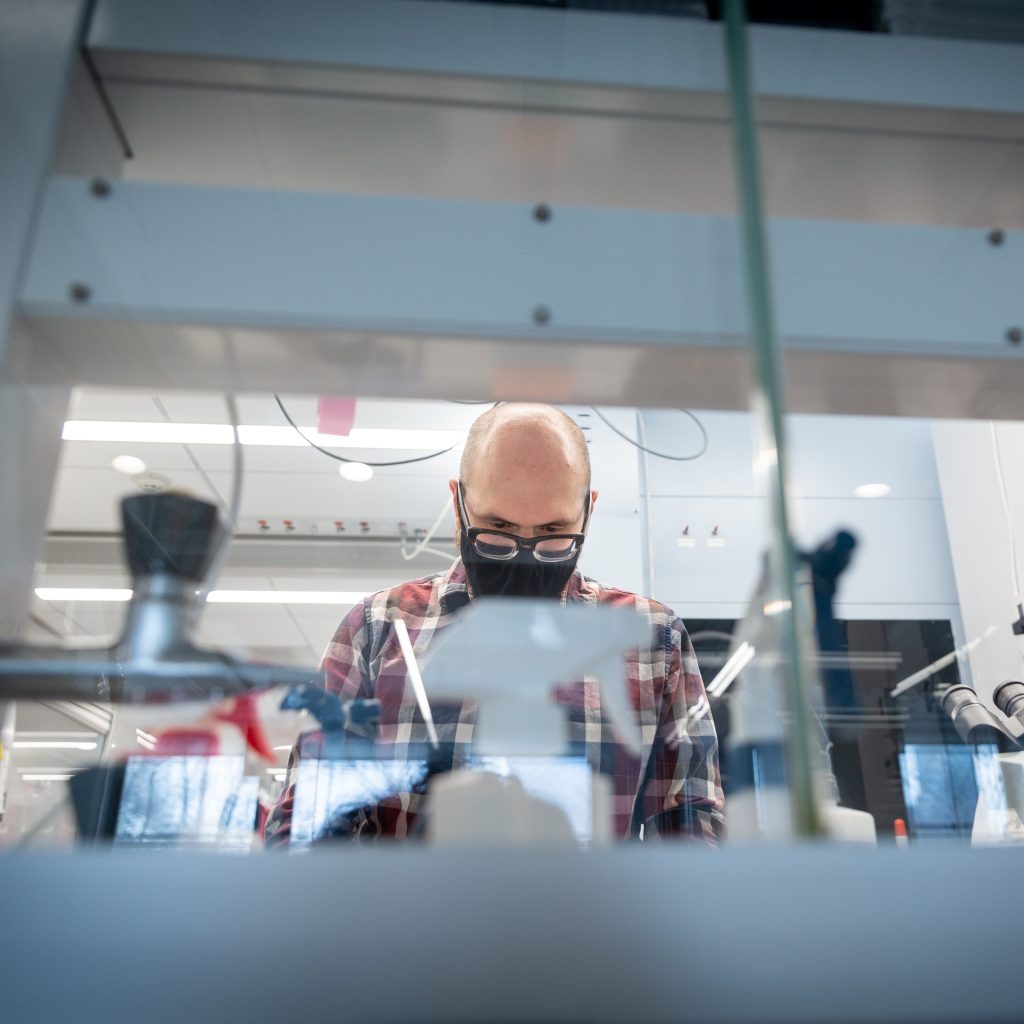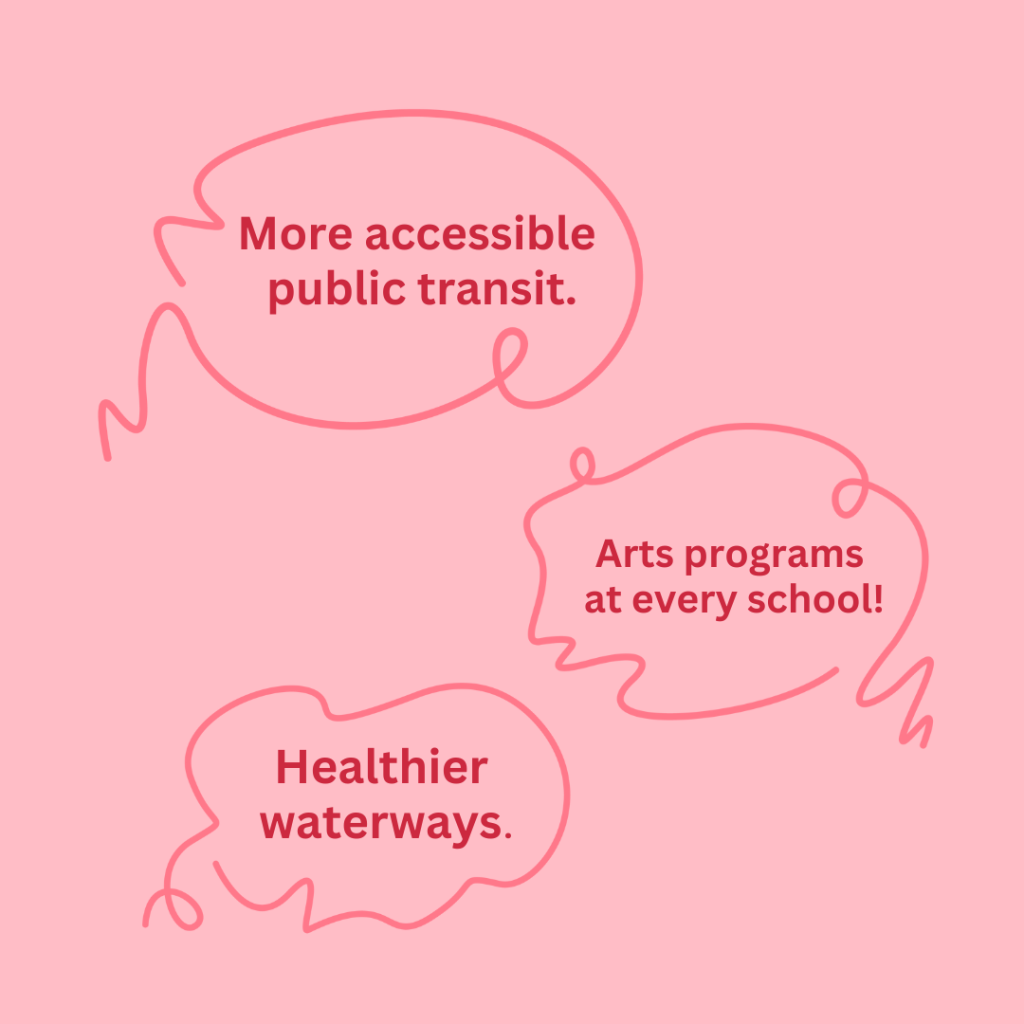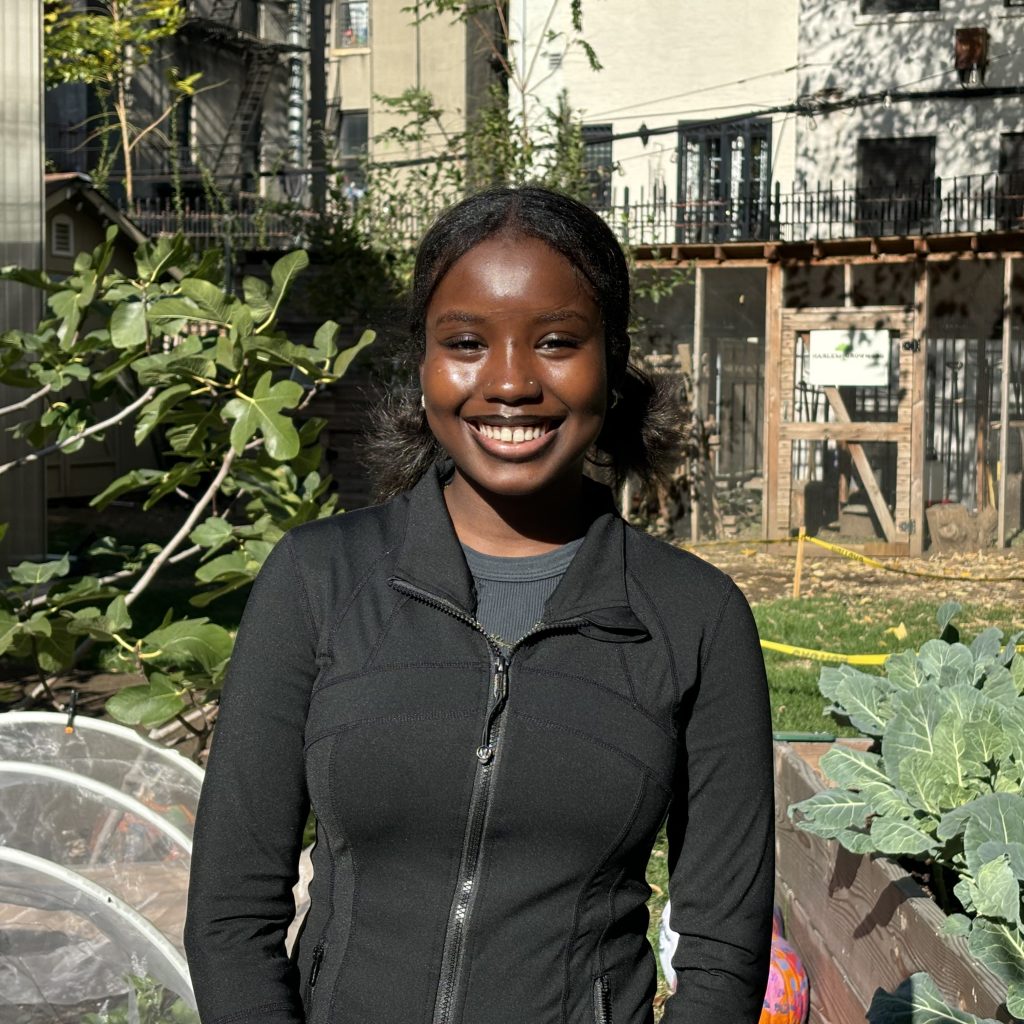In 2008, when Martha Maffei started at SEPA Mujer as its program coordinator, the organization could pay her to work only 16 hours a week. But the need to build trust and organize with the Latine community in Suffolk County called for more time and resources.
Maffei prioritized applying for funding and developing a team of volunteers from within the community. A grant from The Trust’s Long Island office allowed her to work full-time to build the grassroots organization. In 2011, she became its executive director.
SEPA Mujer (Servicios Para el Avance de la Mujer, which translates to “services for the advancement of women”) is the only organization on Long Island dedicated to Latina immigrants. Since that first Trust grant, Maffei has built SEPA Mujer into a vital service provider with 31 staff members. In 2023, SEPA Mujer provided direct services to more than 1,000 Long Islanders.
“My staff and I all share similar challenges, because we are first- or second-generation Latina immigrants,” Maffei said. “That’s what makes this work so special, because it’s not just about them—it’s about us.”
This connection allows Maffei and her team to respond to the community’s evolving needs. With Trust funding, SEPA Mujer advances policy and systems change through its advocacy programs, which include advancing equitable language access within Long Island municipal services, boosting census and voter participation, and monitoring local implementation of the Green Light Law, which allows New Yorkers to apply for a driver’s license regardless of their immigration status.
In 2017, when a spike in local violence affected Latina girls on Long Island, Maffei’s team used a Trust grant to create the Girls A.C.T. summer program, a safe space for young Latinas to build community and gain employment and advocacy skills. Girls A.C.T. has since expanded to provide year-round girls’ leadership, academic, and workforce development programs, including in three Suffolk County high schools.
Sixty-seven participants have graduated from the program and are now pursuing higher education, employment, and public service opportunities.
“Some of these girls are translators and advocates for their family, and they are learning how to manage systems meant for adults,” said Dilcia Erazo, SEPA Mujer’s equity & community empowerment senior organizer. “Being Latina, being young, being of mixed generations, and dealing with school is all challenging. Yet they are so eager to learn and give back to their community.”
Catherine Lucero Amaya is a young artist with a passion for social justice. Girls A.C.T. paired her with SEPA Mujer’s campaign to address human trafficking on Long Island. Catherine created an animated video for the campaign that helped spread community awareness.
“I want to make art my career, so I can make art for the rest of my life,” Catherine told Erazo. “But I don’t know if art will be sustainable for my life. From Girls A.C.T., I realized that I can make art my career and help people at the same time.”




